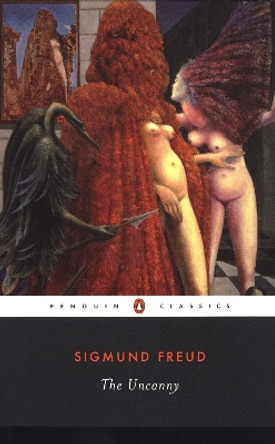Description
History films were a highly popular genre in the 1990s, as Hollywood looked back at significant and troubling episodes from World War II, the Cold War era, and the techno-war in the Persian Gulf. As filmmakers attempted to confront and manage intractable elements of the American past, such as the trauma of war and the legacy of racism, Susan Linville argues that a surprising casualty occurred-the erasure of relevant facets of contemporary women's history.
In this book, Linville offers a sustained critique of the history film and its reduction of women to figures of ambivalence or absence. Historicizing and adapting Freud's concept of the uncanny and its relationship to the maternal body as the first home, she offers theoretically sophisticated readings of the films Midnight Clear, Saving Private Ryan, The Thin Red Line, Nixon, Courage Under Fire, Lone Star, and Limbo. She also demonstrates that the uncanny is not only a source of anxiety but also potentially a progressive force for eroding nostalgic ideals of nation and gender. Linville concludes with a close reading of a recent 9/11 documentary, showing how the patterns and motifs of 1990s history films informed it and what that means for our future.
"Linville takes a highly original angle on the subject of women and historical representation in film, arguing that the concept of the Freudian uncanny provides a way of characterizing and explaining the structuring absence or the ambivalent characterization of women in a genre that has become increasingly important to national self-definition... I find her argument to be complex, subtle, and illuminating.Robert" -- Burgoyne Wayne State University, author of Film Nation: Hollywood Looks at U.S. History
About the Author
Susan E. Linville is Director of the Film Studies Program and Associate Professor of English at the University of Colorado at Denver.
Reviews
"Linville takes a highly original angle on the subject of women and historical representation in film, arguing that the concept of the Freudian uncanny provides a way of characterizing and explaining the structuring absence or the ambivalent characterization of women in a genre that has become increasingly important to national self-definition... I find her argument to be complex, subtle, and illuminating." --Robert Burgoyne, Wayne State University, author of Film Nation: Hollywood Looks at U.S. History
Book Information
ISBN 9780292702691
Author Susan E. Linville
Format Paperback
Page Count 207
Imprint University of Texas Press
Publisher University of Texas Press
Weight(grams) 454g










